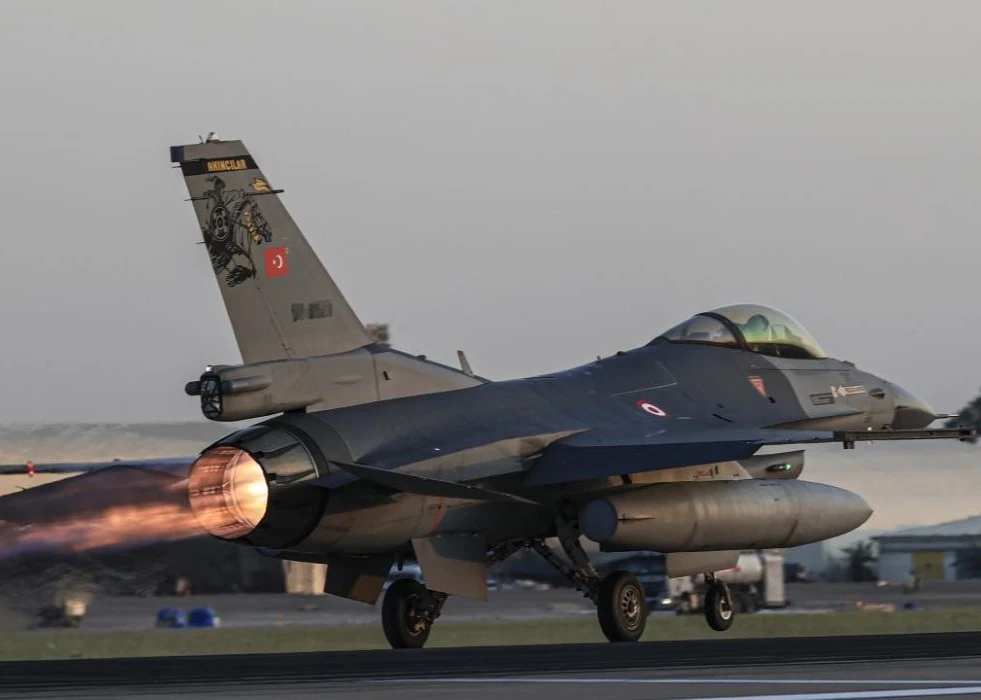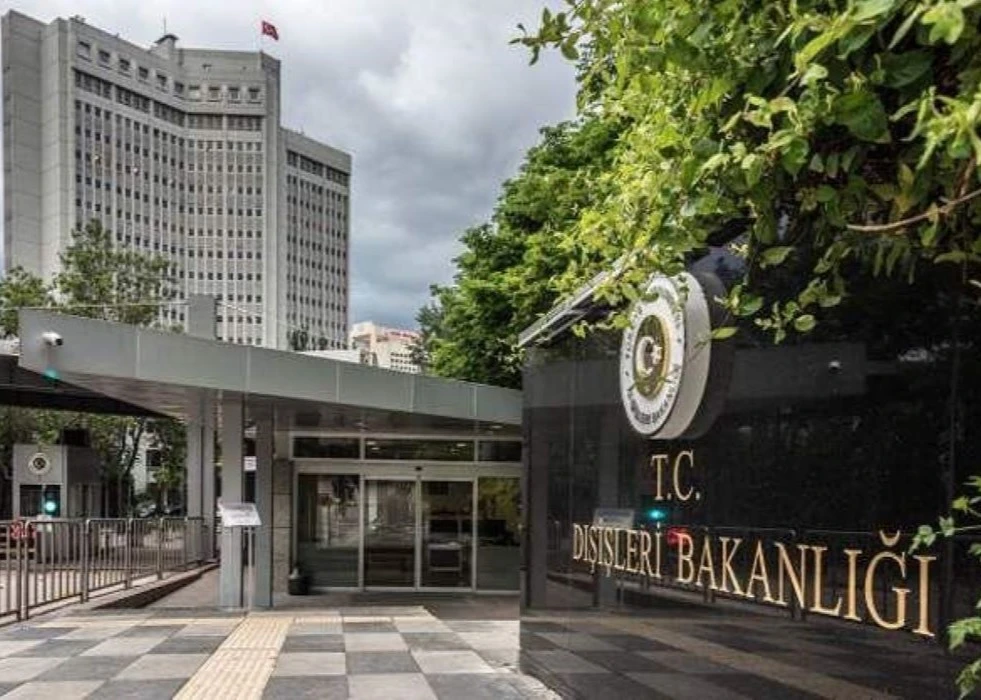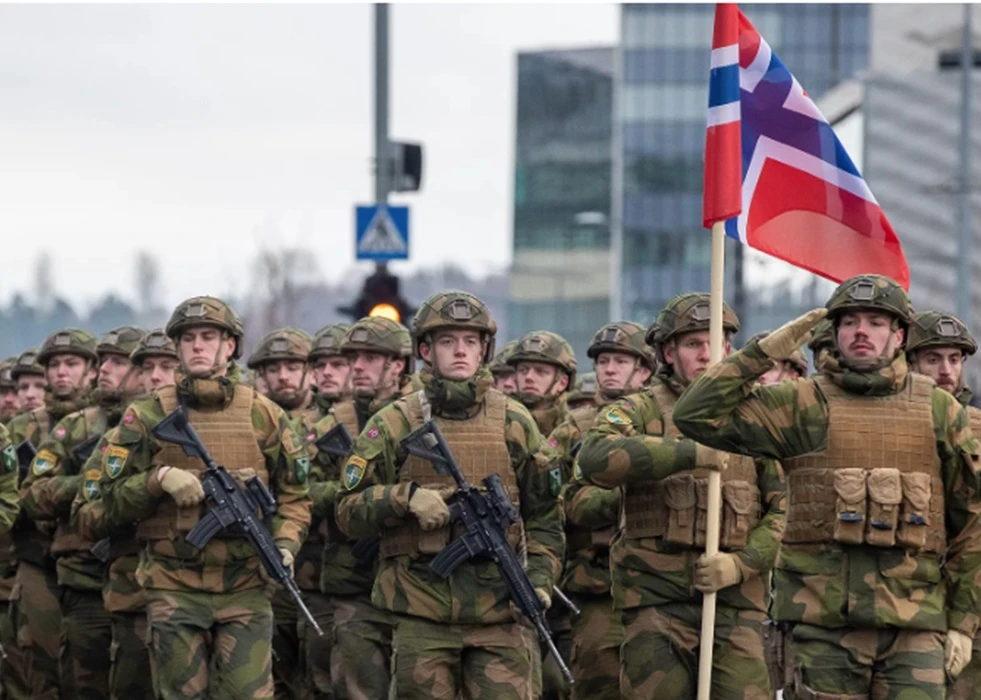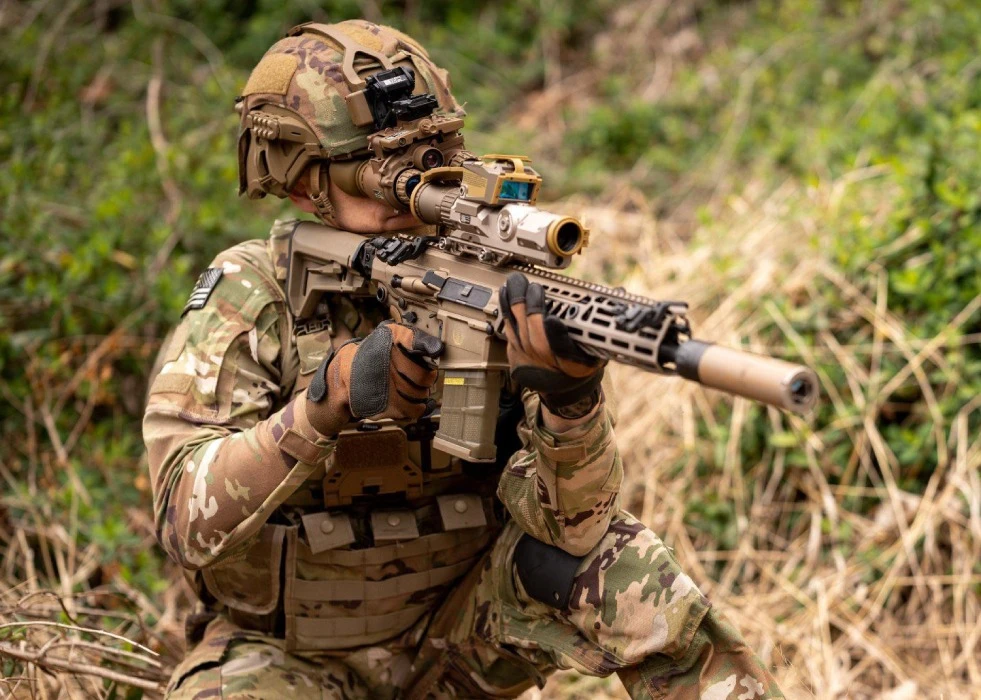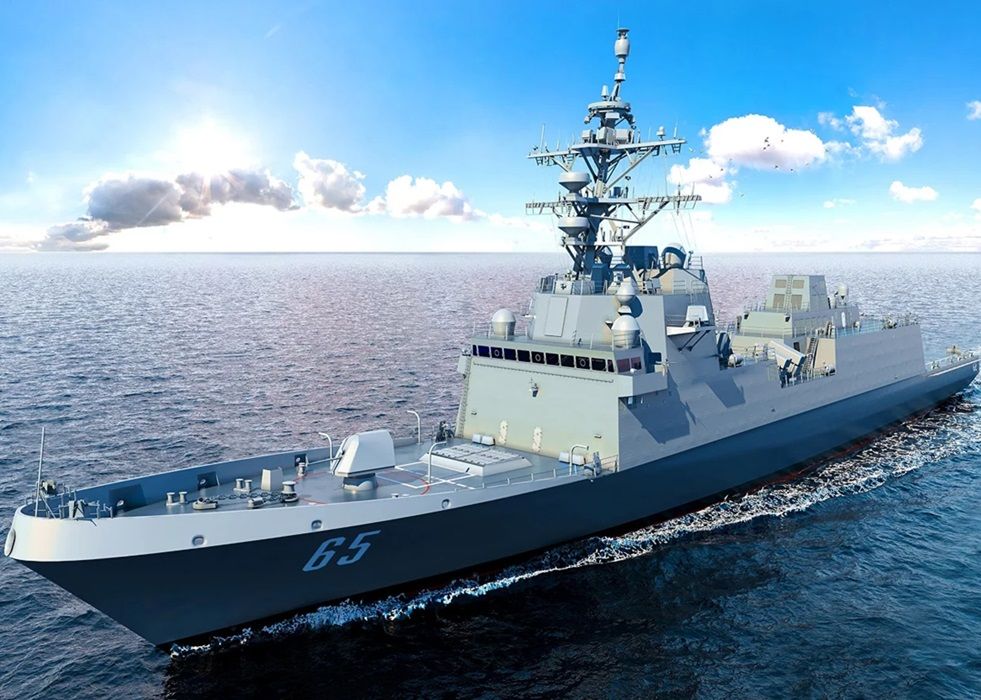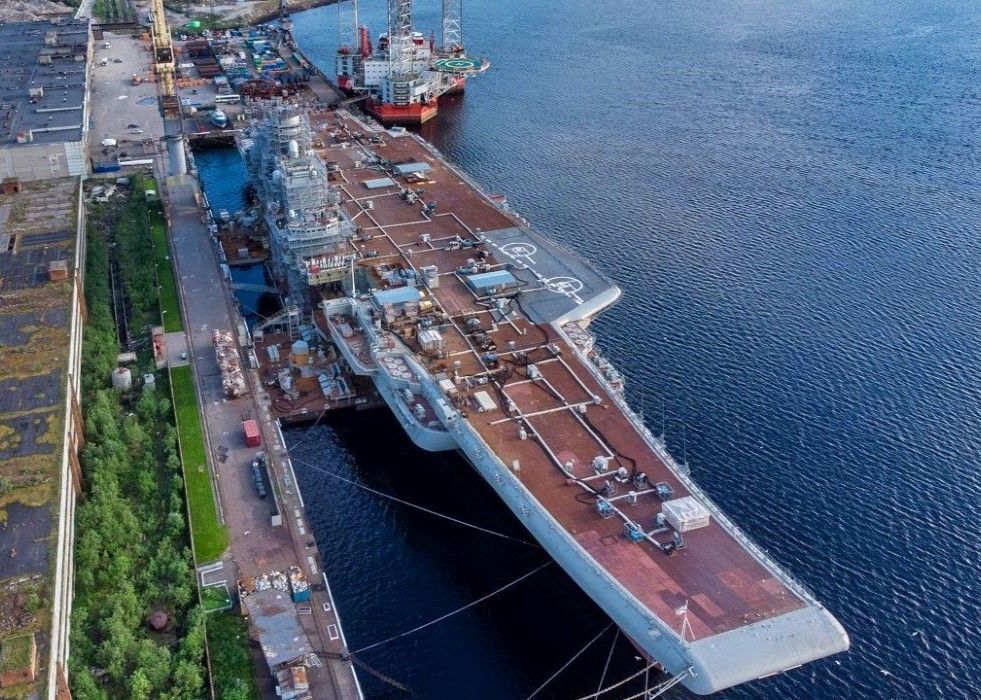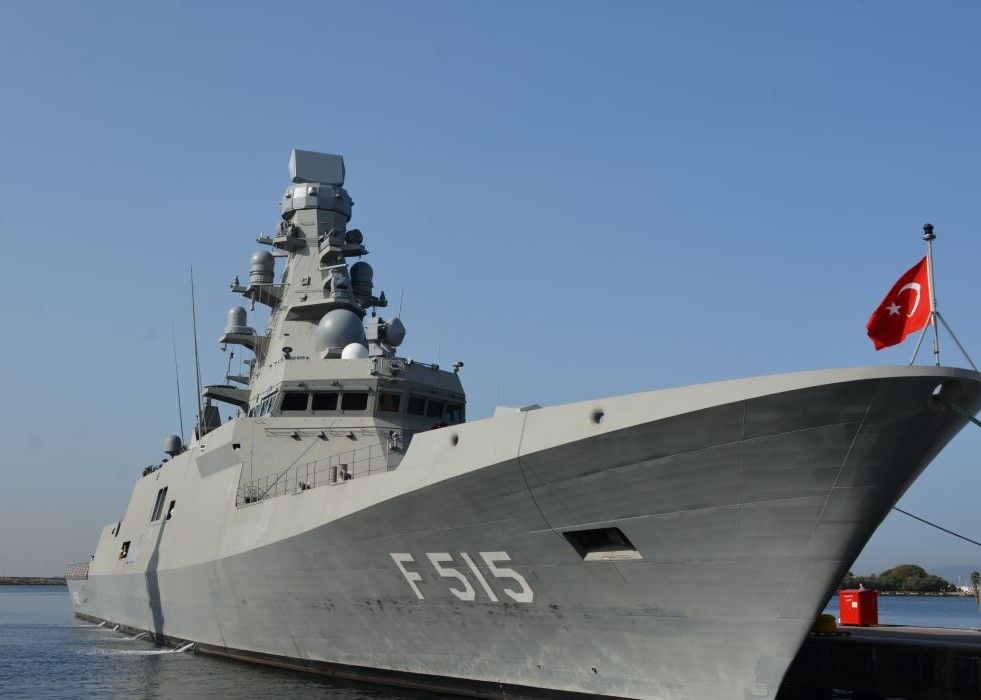The UK Armed Forces will become a threat-focused integrated force with a continued shift in thinking across land, sea, air, space and cyber domains. The defence will spend over £85-billion on equipment over the next four years so our armed forces can adapt, compete effectively, and fight decisively when needed. This will support 400,000 jobs across all four nations of the UK.

The British Army will receive significant investment to become more agile, integrated, lethal and expeditionary. The service will receive an additional £3-billion on new vehicles, long-range rocket systems, air defences, drones, electronic warfare and cyber capabilities.
£120-million will create new Ranger Regiments; four battalions will form the Regiment to support Special Forces in collective deterrence activity. This will range from training to accompanying personnel on the ground. The Army will also introduce a new Warfighting Experimentation Battlegroup that draws on elements from across the entire Army designed to fight prototype warfare, focussing on hybrid and conventional threats.
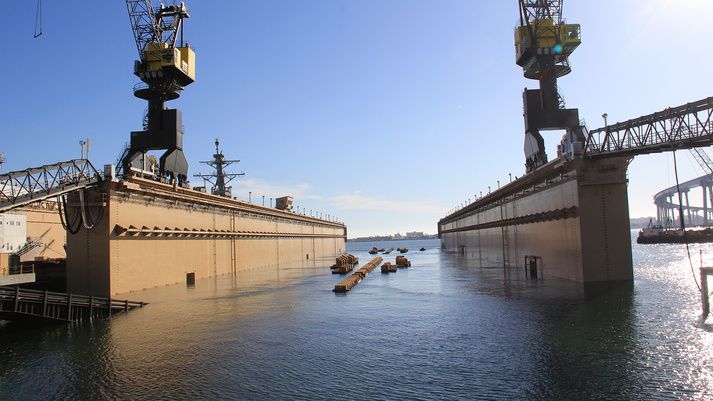
The Royal Navy will develop a new Multi-Role Ocean Surveillance ship to protect vital underwater maritime infrastructure and protect from maritime threats, aiming to come into service by 2024. The fleet of frigates and destroyers will grow through this decade, with shipbuilding investment doubling over this Parliament’s life, rising to over £1.7-billion a year. The Royal Marines will also benefit from a £200-million investment over the next ten years to form the Future Command Force. This Commando force is persistently forward deployed, conducting specialist maritime security operations.
UK air capabilities will be bolstered with an injection of over £2-billion in the Future Combat Air System which will deliver a pioneering mix of crewed, uncrewed and autonomous platforms, including swarming drones and the ultra-modern Tempest fighter jet. This programme has already created over 1,800 highly-skilled jobs in over 300 companies across the UK. The Typhoon fleet will be upgraded with a suite of new weapons and state-of-the-art radar.
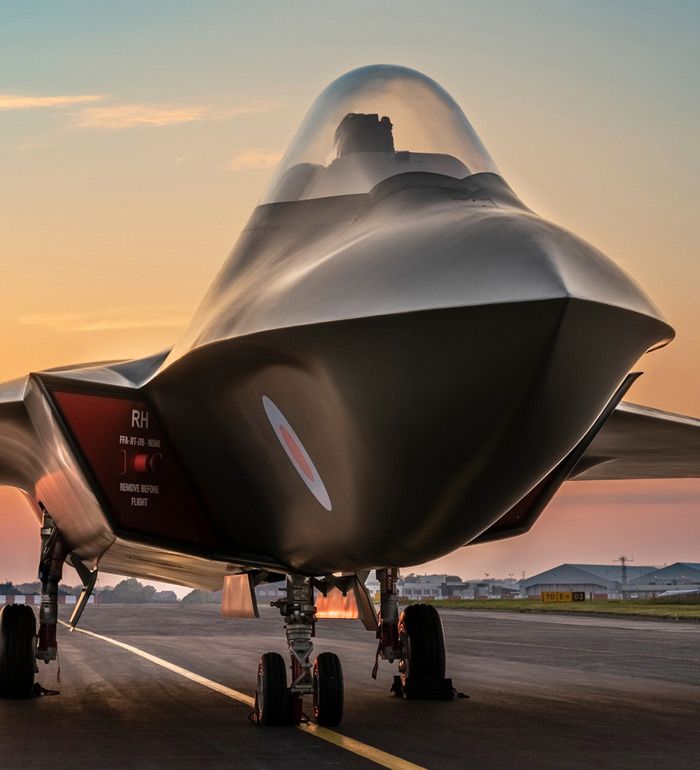
£6.6-billion will also be invested in research and development projects, helping to provide a strategic advantage that, facilitated with science, will lead to cutting-edge equipment capabilities. £60-million over the next four years to develop a programme to develop novel weapons, artificial intelligence, synthetic/digital systems and space-based capabilities. Further to this, £500-million will be invested in capabilities to enable our forces to respond in a growingly contested electromagnetic environment.
Strategic Command will invest £1.5-billion over the next decade to build and sustain a ‘digital backbone to share and exploit vast amounts of data through the cloud and across secure networks that are resilient to cyber-attacks state, proxy and terrorist adversaries.
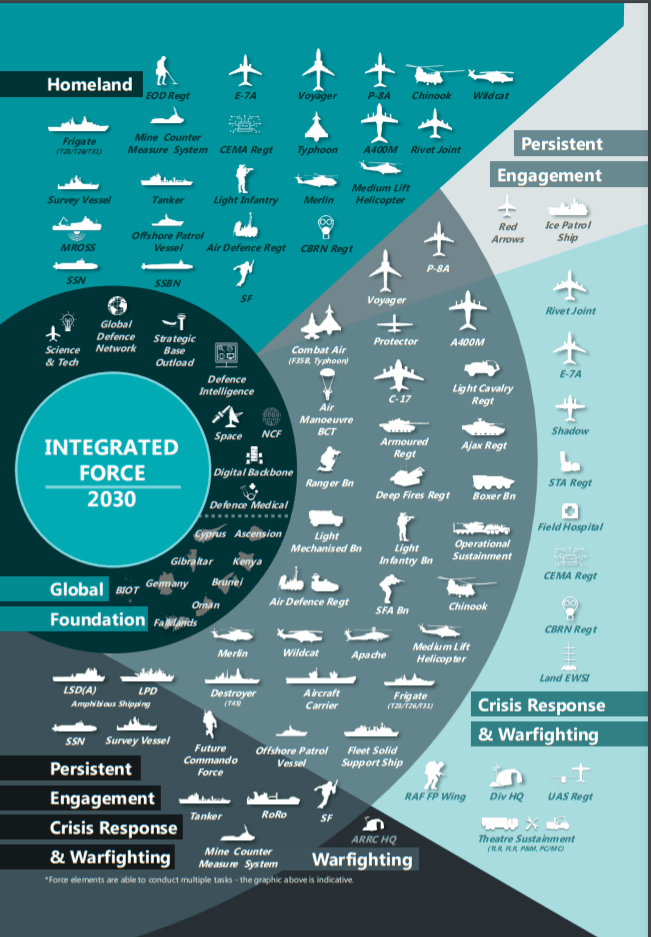
With its people at its forefront, defence is set to invest £1.3-billion into improving Single Living Accommodation (SLA), as part of an accommodation strategy, and £1.4-billion into wraparound childcare giving personnel more childcare options, as part of a revised families strategy.
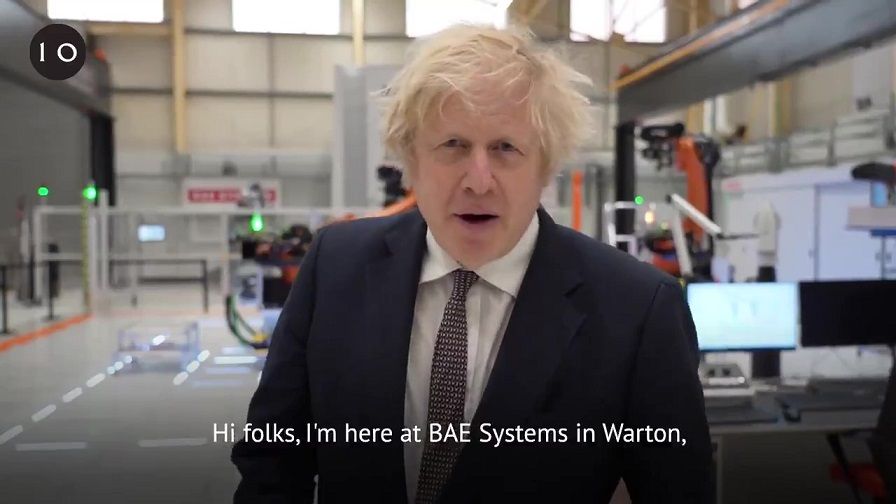 The day after the release, British Prime Minister Boris Johnson visited the BAE Systems factory at Warton Lancashire. He recorded a video and mentioned the Future Combat Aircraft System, where he described it as “the biggest investment in defence spending since the end of Cold war.”
The day after the release, British Prime Minister Boris Johnson visited the BAE Systems factory at Warton Lancashire. He recorded a video and mentioned the Future Combat Aircraft System, where he described it as “the biggest investment in defence spending since the end of Cold war.”



